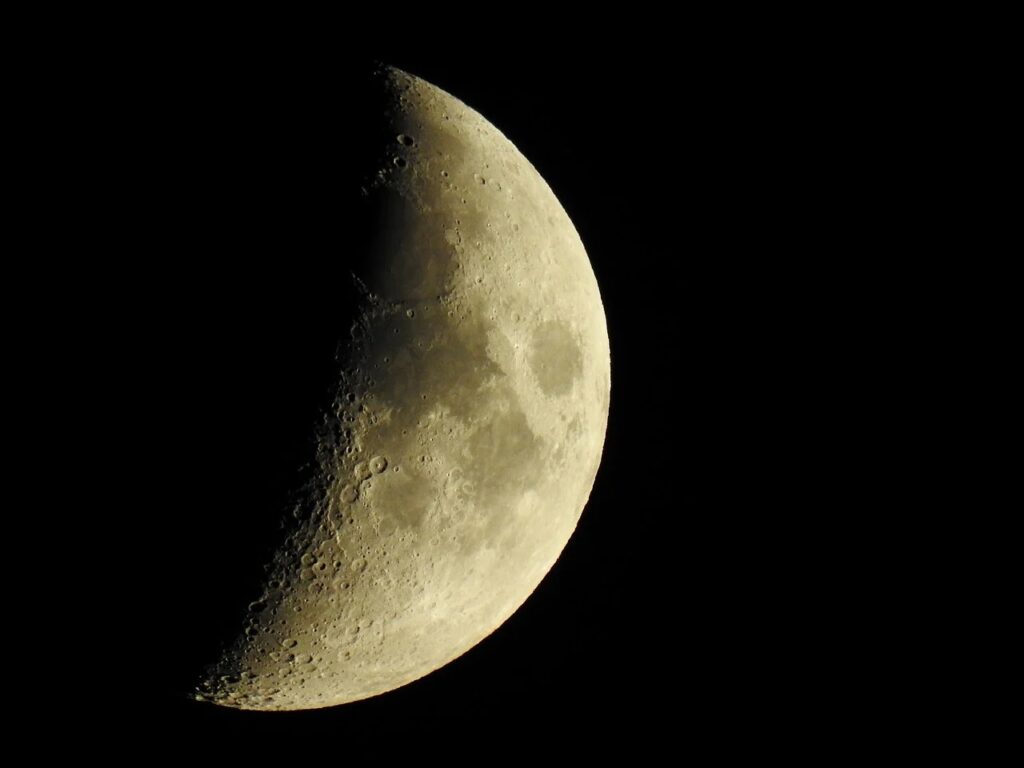
As 2024 comes to a close, a rare astronomical phenomenon known as the “Black Moon” is set to occur, offering sky enthusiasts a unique opportunity for observation. The Black Moon refers to the second new moon within a calendar month or a moon so dark that it becomes nearly invisible. Its deep, shadowy hue prevents it from reflecting sunlight, making it almost impossible to see.
While the term “Black Moon” isn’t an official astronomical designation, it captivates amateur stargazers and astronomy enthusiasts alike. This rare event will take place on December 30, 2024, at 5:27 PM Eastern Time. Residents of the United States will witness it on December 30, while those in Europe, Africa, and Asia will experience it on December 31. In Pakistan and India, the Black Moon will appear at 3:57 AM on December 31.
What is a Black Moon?
A new moon occurs when the moon aligns with the sun, and its illuminated side faces away from Earth, rendering it invisible. Since the moon completes its orbit around Earth every 29.5 days, there are times when two new moons fall within a single calendar month. The second new moon is called a “Black Moon.”

Although the Black Moon itself isn’t visible, its effects are evident in the night sky. The darkness of the sky enhances the visibility of stars, planets, and even distant galaxies, making it an ideal time for stargazing and celestial observations.
The Science Behind the Black Moon
During a Black Moon, the lack of moonlight provides astronomers and skywatchers with a unique window to study celestial phenomena. It becomes easier to observe star clusters, gas clouds, and distant galaxies without the interference of moonlight. This rare event is not only a delight for astronomy enthusiasts but also an opportunity for scientists to uncover new insights about the cosmos.
To fully enjoy the Black Moon, find a dark, pollution-free location and gaze at the sky. This event offers a moment to connect with the universe, marvel at the beauty of the night, and explore the mysteries of the cosmos.
So, if you’re passionate about stargazing or fascinated by the wonders of the night sky, don’t miss this extraordinary occasion. On the night of December 31, look up and immerse yourself in the serenity and vastness of the universe.


1 thought on “Black Moon A Rare Celestial Event to End the Year!”